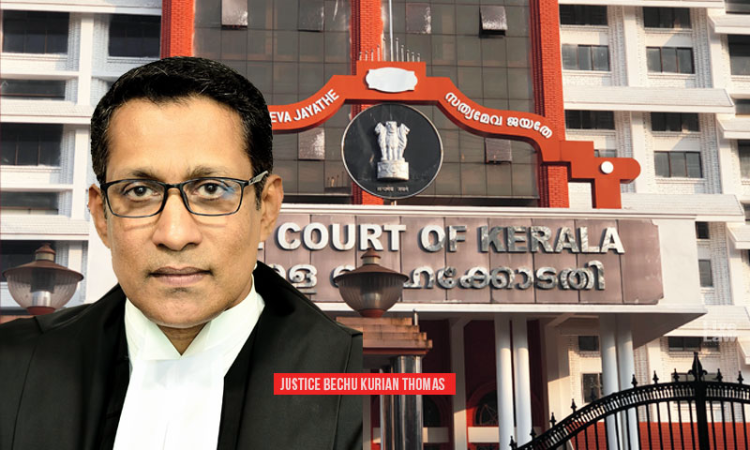Non Release Of Seized Documents, Based On Pendency Of The SLP In The Supreme Court By IT Department, Is Illegal: Kerala High Court
Parina Katyal
1 April 2022 9:48 AM IST

Next Story
1 April 2022 9:48 AM IST
The Kerala High Court has ruled that the income tax department is not authorized to retain the title deeds seized by them under Section 132 of the Income Tax Act on the ground that a Special Leave Petition filed by the Assessee against the assessment order is pending before the Supreme Court. The Single Bench consisting of Justice Bechu Kurian Thomas held that since the Income Tax...
